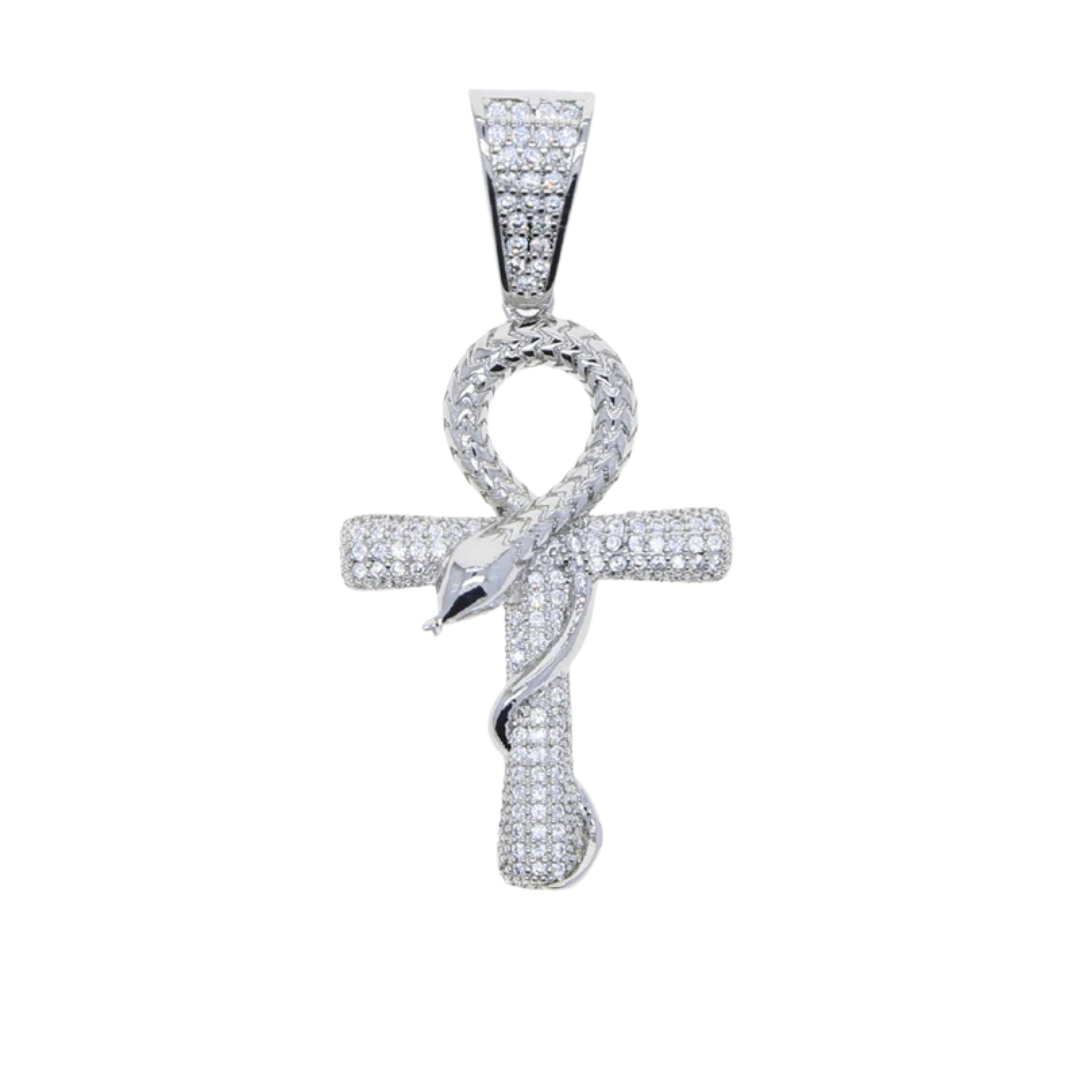Ancienne Égypte
Ankh Cross Pendant (Steel)
Ankh Cross Pendant (Steel)
Couldn't load pickup availability
This Egyptian pendant shows us the hieroglyph of life, the ankh, formed with the divine serpent Apep.
Indeed, the serpent of chaos Apep is strongly linked to this symbol of life because both of them are symbols of the perpetuation of the "Egyptian eternal cycle".
- Stainless steel pendant: quality 316L steel, nobly patinates over time, water resistant
- Resistant pendant: meshed, reinforced and elegant structure
- Very agreeable to wear
- Chain length: 24" (61 cm) | Pendant size: 57x28 mm
- FREE STANDARD SHIPPING
📏Refer to our MEASUREMENT GUIDE to see how the necklace will look according to its length.📏
If you are looking for a necklace, reminiscent of the land of the pharaohs, this ankh necklace "glaive ankh" (steel) could be a great choice! If not, you can also visit our complete collection of ankh necklaces to see all the models with this cross-shaped emblem of ancient Egypt.
If you are not interested in this type of symbol, you can discover all our Egyptian necklaces. If you want even more choices, don't hesitate to have a look at the rings, bracelets and necklaces which compose our Egyptian jewelry.

An Egyptian ankh necklace
A pendant from ancient Egypt
Share











